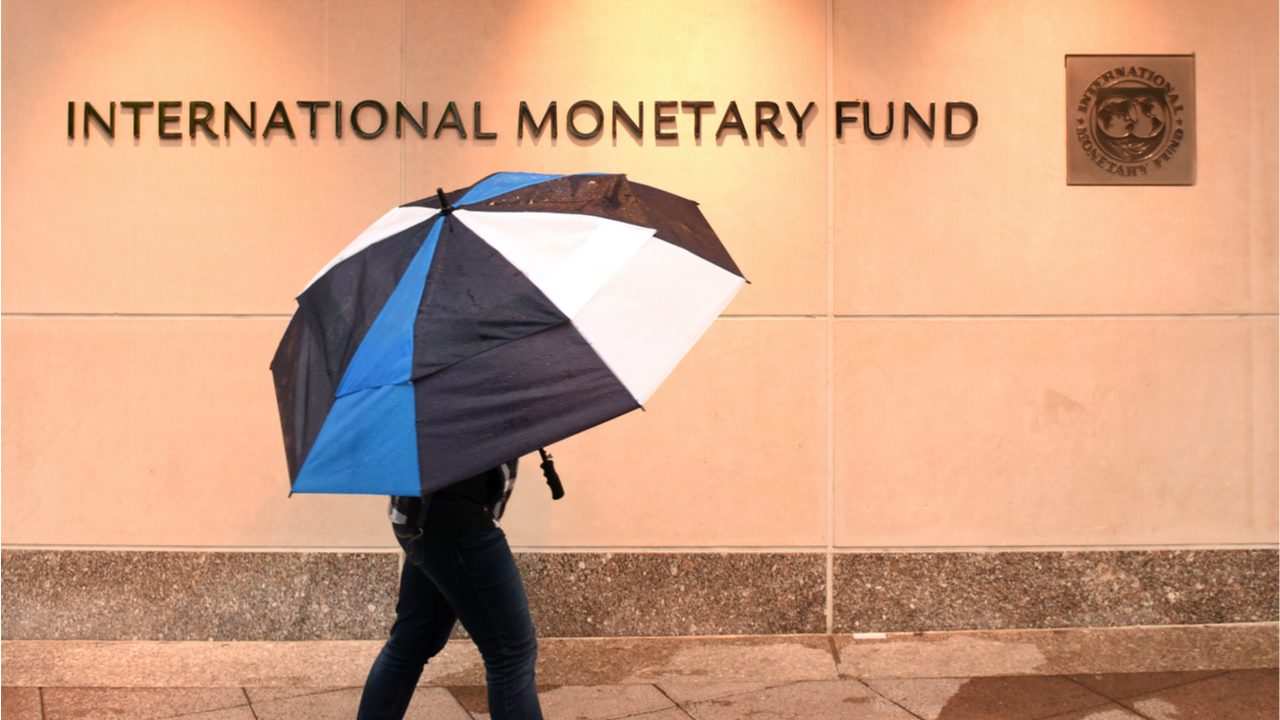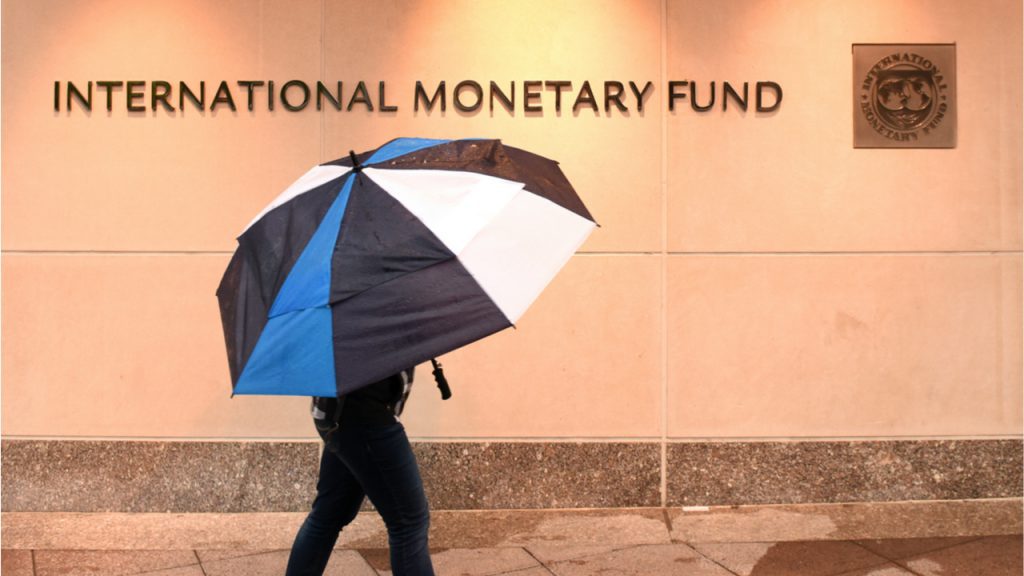
The International Monetary Fund (IMF) has been very critical of cryptocurrencies and according to a report on Tuesday, the IMF’s board has “urged” El Salvador to discontinue its bitcoin tender status. A few members of the IMF’s board said the country’s decision to leverage bitcoin within its financial system could pose risks.
IMF Report Attempts to Persuade El Salvador to Drop Bitcoin Legal Tender Status, Director’s Are Concerned About Bitcoin Bonds and Chivo Wallet’s Regulatory Oversight
According to a report published by the IMF, a global financial institution that promotes financial stability and economic growth, the organization believes El Salvador should end its relationship with bitcoin (BTC). The report notes that El Salvador is being “urged” by the IMF board directors to do away with the bitcoin law as soon as possible.
IMF board members have “urged the authorities to narrow the scope of the Bitcoin law by removing bitcoin’s legal tender status,” the report detailed on Tuesday. The news follows a blog post published two weeks ago by IMF economists which stressed: “[cryptocurrencies] could soon pose risks to financial stability especially in countries with widespread crypto adoption.”
The IMF director’s report also noted that some members of the IMF are “expressed concern over the risks associated with issuing bitcoin-backed bonds..” During the first week of January, the Salvadoran government introduced 20 bills to provide a legal framework for its upcoming bitcoin bonds.
El Salvador has been headstrong about integrating bitcoin (BTC) into its economy, and Salvadoran president Nayib Bukele revealed a bitcoin mining operation powered by volcanic energy at the end of September. This month Bukele explained El Salvador was making investments in order to bolster the country’s geothermal energy production.
The president of El Salvador has been buying bitcoin and adding it to the country’s treasury, according to his announcements on Twitter. The president of El Salvador said the country purchased 410 bitcoin last week, and the country has a total stash of 1,801 bitcoins.
In addition to the IMF’s statements about the bitcoin tender law and bitcoin-backed bonds, the global financial institution criticized the Chivo e-wallet.
“Directors agreed on the importance of boosting financial inclusion and noted that digital means of payment—such as the Chivo e-wallet—could play this role,” the IMF report concludes. “However, they emphasized the need for strict regulation and oversight of the new ecosystem of Chivo and Bitcoin.”
What do you think about the IMF’s opinion that El Salvador should drop its bitcoin tender law? What do you think about the financial institution’s opinion about bitcoin-backed bonds and Chivo e-wallet? Let us know what you think about this subject in the comments section below.
Image Credits: Shutterstock, Pixabay, Wiki Commons
Disclaimer: This article is for informational purposes only. It is not a direct offer or solicitation of an offer to buy or sell, or a recommendation or endorsement of any products, services, or companies. Bitcoin.com does not provide investment, tax, legal, or accounting advice. Neither the company nor the author is responsible, directly or indirectly, for any damage or loss caused or alleged to be caused by or in connection with the use of or reliance on any content, goods or services mentioned in this article.
Read disclaimer


